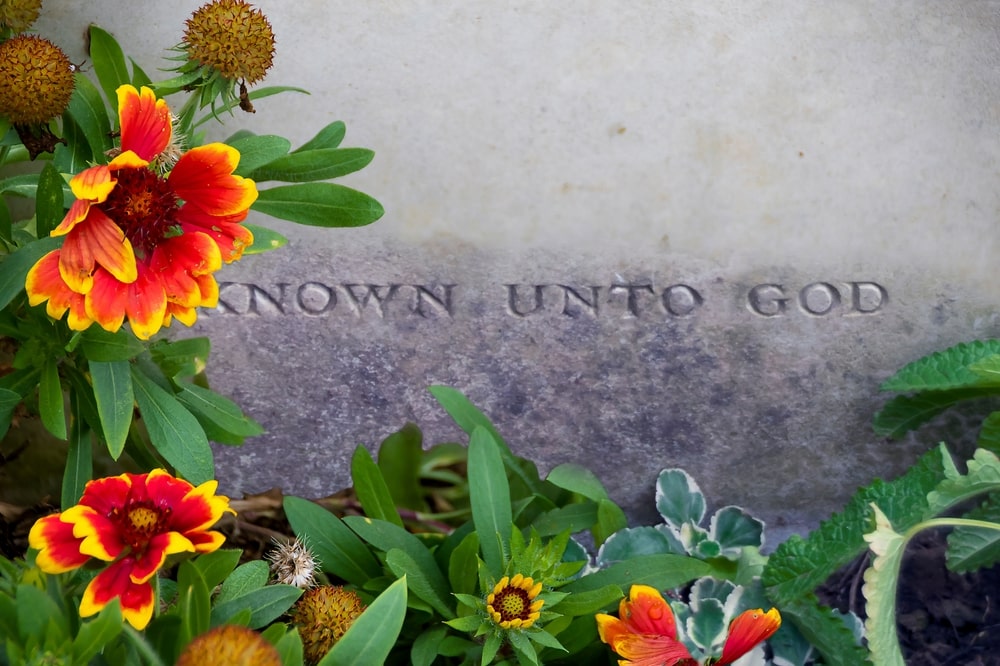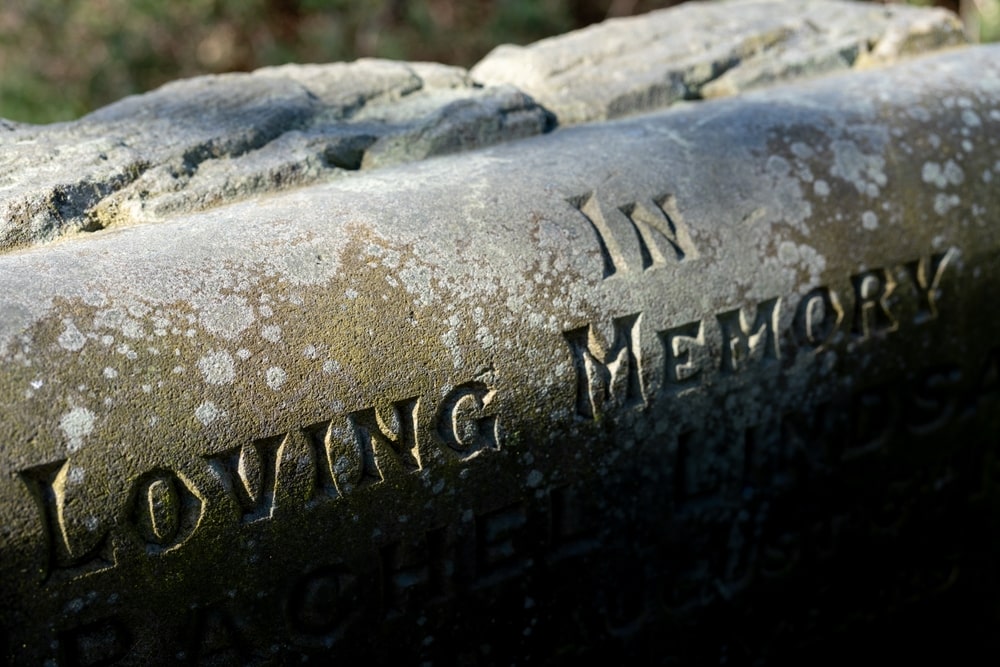A headstone or plaque doesn’t just mark someone’s final resting place. They also serve as symbols, reminders of the lost loved one, and ways to honor their memory. That’s why the epitaph, the words inscribed on a headstone, plaque, or memorial marker, is so important.
Epitaphs have a long history, but they have taken many forms over the years. They can be light-hearted and witty or inspirational and profound. All great epitaphs reflect the deceased’s spirit and put a unique, personalized touch on the marker. If you want to memorialize your loved one’s life in an interesting way or plan ahead for your own inscription, consider the following tips for creating a unique epitaph.
Brainstorm ideas

To start, brainstorm a few ideas. Did your loved one have a signature saying? Was there a movie, book, or song that they loved? How would you describe their character and the life they lived? Write down anything that reminds you of your loved one to get your creativity flowing, even if you’re pretty sure you won’t use what you write.
Put yourself in your loved one’s shoes
Next, consider what your loved one would want on their epitaph. Would they prefer a light-hearted, humorous quote? Or one that moves people deeply and encourages them in daily life? Would they want their epitaph to talk about their personality, interests, hobbies, or role as a father, mother, or child? Look for options that would honor their preferences, priorities, and personality.
Consider your loved one’s principles, beliefs, and values

Was your loved one a person of faith? You may want to consider using their favorite Bible verse. Or was there a cause they were passionate about and dedicated their time to? Maybe you could mention that. You could also consider using a quote from a poem, song, or literary work. Whatever you choose, make sure it represents the individual’s life and what was most important to them.
Share their legacy
Alternatively, many epitaphs share a snapshot of the person’s legacy. You might see epitaphs like “Beloved wife, mother, and friend” or “He gave his life for his country.” These brief testaments highlight the impact the deceased made and can comfort those who come back year after year to visit the grave.
Keep it short

The length of an epitaph will vary, but in most cases, it should be as compact as possible. Consider the amount of space you have available and the kind of material it will be inscribed on. Your funeral director or monument specialist can help answer your questions about your chosen monument or plaque. But in general, it’s best to keep the epitaph short.
Think big picture
The epitaph is an opportunity to communicate a message to people who will visit your loved one for years to come. For this reason, it’s important to decide on an epitaph that will stand the test of time. Consider something with a long-standing appeal and try to avoid fads or a cultural reference that may fade into obscurity as the years go by. The choice is ultimately up to you and your family, though!
Get feedback

After you’ve settled on a few options you like, get feedback from other family members. Your family may have preferences about what goes on your loved one’s marker, so get their input before deciding on the epitaph. For example, if the epitaph is for a parent, ensure all your siblings are on board with the decision. Once everyone agrees, you’re ready to go!
As you consider what to put on your loved one’s grave, don’t be afraid to think outside the box! You could include their signature recipe or use a QR code that links to a memorial website. No matter what you choose, focus on picking something personalized that truly reflects your loved one’s life.




